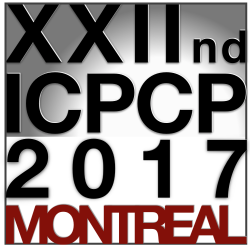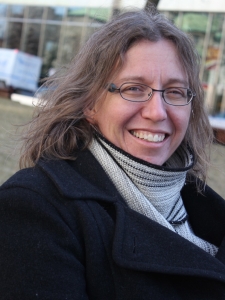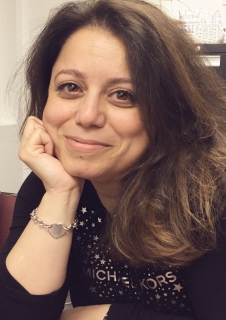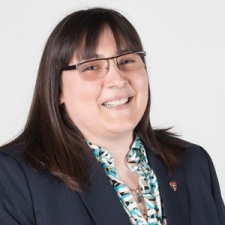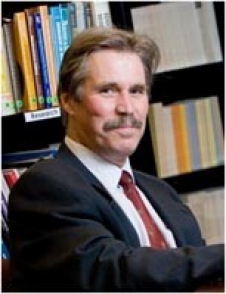After thirty-five years of absence in Canada, the time has come to reconnect the continents in which Personal Construct Psychology (PCP) thrives.
The theme of this year’s congress is Reconnecting and Celebrating Diversities. The purpose is to reunite international scholars, students and practitioners who have been using PCP in interdisciplinary fields, and scholars who are developing creative methodologies, that can be associated to PCP, to understand human experience in a four-day event. This will be the first time in history when this congress will be held in the province of Québec.
To learn more about Personal Construct Psychology (PCP) visit www.kellysociety.org.
